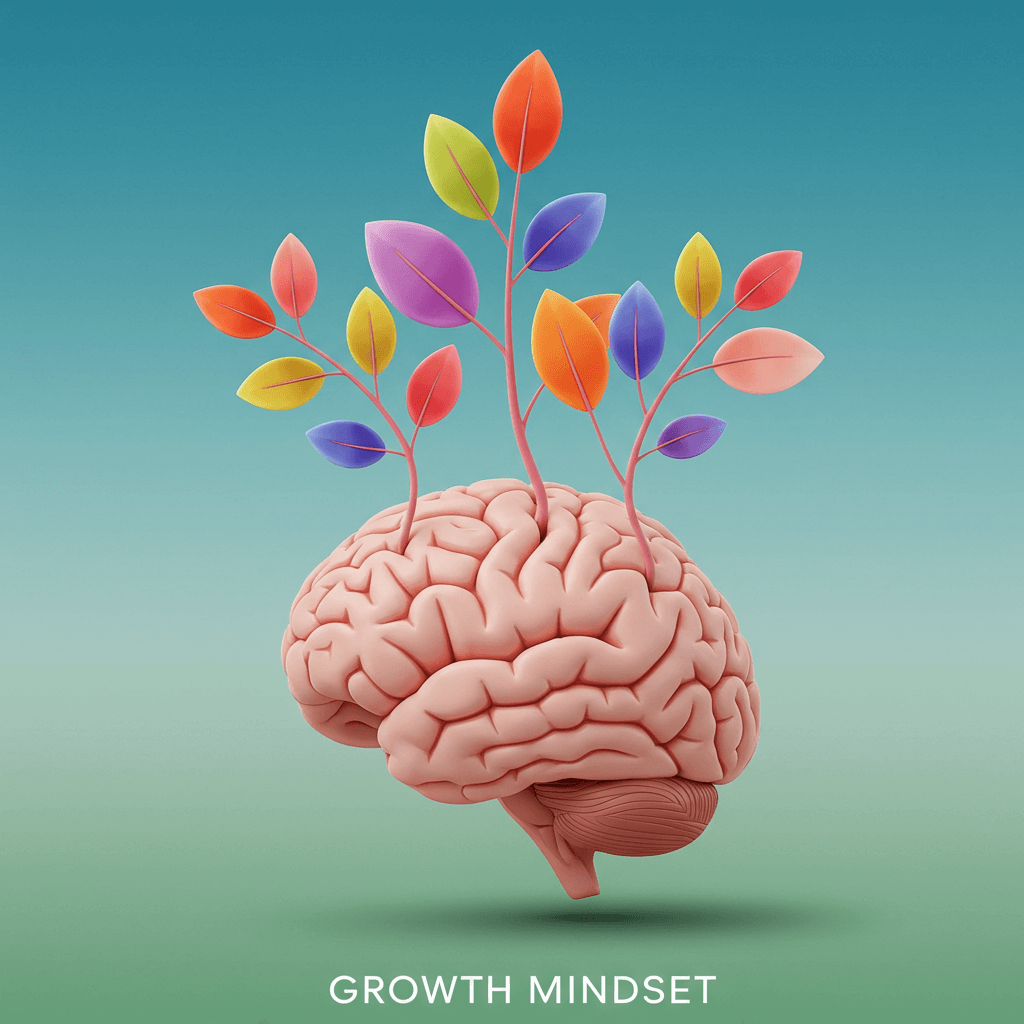In today’s fast-paced world, resilience has become an essential pillar for personal wellness and growth. While we often focus on positive habits and self-care rituals, the capacity to bounce back from setbacks, adapt to change, and grow stronger under pressure truly defines our well-being. In this comprehensive guide, we delve into seven science-backed strategies to cultivate resilience, empower your mind and body, and foster lasting personal development.
1. Embrace a Growth Mindset

Resilience begins with how we perceive challenges. According to mindset researcher Carol Dweck, individuals with a growth mindset believe their abilities and intelligence can be developed through dedication and hard work. This view creates a love for learning and a resilience that is essential for great accomplishments.
To cultivate a growth mindset:
- Reframe setbacks as opportunities for learning, not failures.
- Replace self-limiting beliefs (e.g., “I can’t”) with empowering affirmations (e.g., “I can learn”).
- Seek constructive feedback and view criticism as a tool for growth.
2. Practice Mindful Stress Management
Chronic stress can erode resilience by triggering fight-or-flight responses that wear down the body and mind. Mindfulness-based stress reduction (MBSR) techniques—such as meditation, deep breathing, and body scans—help regulate the nervous system and improve emotional stability.
Incorporate mindfulness into your routine by:
- Setting aside 5-10 minutes each morning for a guided meditation or simple breathwork.
- Using techniques like progressive muscle relaxation to release tension before bedtime.
- Practicing present-moment awareness during daily activities like walking or eating.
3. Build Strong Social Connections
Human beings are inherently social creatures, and a supportive network plays a crucial role in resilience. Having friends, family, or community groups to turn to during difficult times provides emotional validation and practical assistance, reducing feelings of isolation.
Strengthen your social ties by:
- Scheduling regular check-ins with close friends or family members.
- Joining clubs, workshops, or online communities that align with your interests.
- Practicing active listening and empathy to deepen your relationships.
4. Establish Sustainable Habits

Small, consistent actions lead to significant long-term change. Rather than relying on willpower alone, design your environment and routines to support healthy behaviors effortlessly. This approach conserves mental energy and builds momentum over time.
To create sustainable habits:
- Use habit stacking by linking a new habit to an existing one (e.g., do five minutes of stretching after brushing your teeth).
- Set clear, actionable goals, such as “Walk for 20 minutes, three times a week,” instead of vague resolutions.
- Track your progress with a journal or habit-tracking app to maintain accountability.
5. Nurture Emotional Intelligence
Emotional intelligence (EQ) refers to the ability to recognize, understand, and manage our emotions, as well as those of others. High EQ enhances resilience by allowing us to respond thoughtfully rather than react impulsively during stressful situations.
Enhance your EQ through:
- Self-awareness practices like journaling about daily emotional triggers.
- Empathy exercises, such as imagining yourself in another person’s shoes, to appreciate their perspective.
- Emotion regulation techniques, including pausing to take three deep breaths before responding to conflict.
6. Foster Purpose and Meaning
A sense of purpose acts as an anchor during turbulent times, guiding our decisions and fueling motivation. Whether it stems from career aspirations, creative pursuits, or community service, purpose connects us to something bigger than ourselves.
Cultivate purpose by:
- Reflect on your core values and align your daily activities with them.
- Setting long-term goals that resonate with your passions, such as volunteering or learning a new skill.
- Creating a personal mission statement to remind you of your “why.”
7. Celebrate Small Wins
Acknowledging progress—no matter how minor—triggers dopamine release, reinforcing positive behavior and boosting morale. Celebrating milestones helps maintain momentum and sustains our commitment to personal growth.
Incorporate celebrations by:
- Keeping a “win journal” where you note daily achievements, big or small.
- Rewarding yourself with simple pleasures like a favorite healthy snack or a short break after reaching a goal.
- Sharing your successes with supportive friends or mentors who can cheer you on.
Conclusion
Resilience is not an innate trait reserved for a lucky few—it is a skill that can be developed through intentional practices and mindful habits. By embracing a growth mindset, managing stress mindfully, nurturing social connections, and applying the six other strategies outlined above, you can fortify your mental and emotional resilience. As you integrate these approaches into your daily life, you will experience greater wellness, enhanced personal growth, and an enduring capacity to thrive in the face of adversity.









